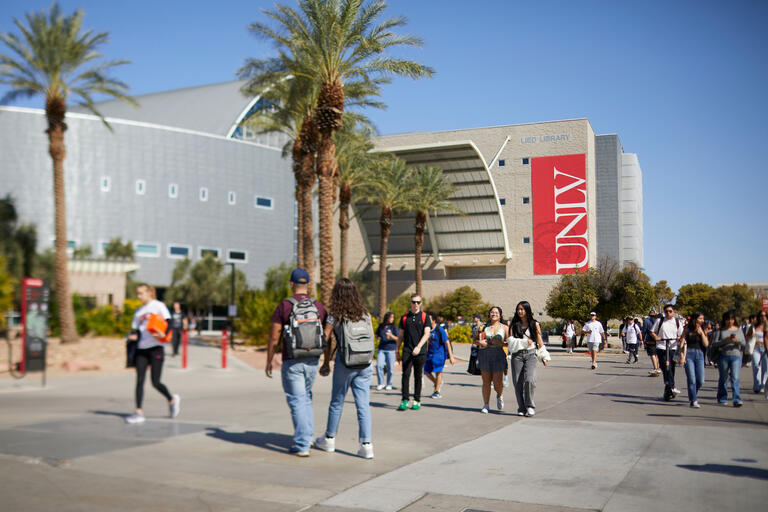Steffen Lehmann
Biography
Steffen Lehmann is a nationally recognized architect, educator, designer and author on sustainable architecture and urban design. Lehmann is often called upon to discuss the relationship between environment and design, and how cities themselves can adapt to climate change.
His research specialties include green urbanism, urban regeneration, and sustainable development.
Starting as a professional architect in his home country of Germany, Lehmann was actively involved in the urban creation of the “New Berlin.” The founder of Steffen Lehmann Architekten Berlin, he has been teaching advanced design studios at leading universities in six countries since 1991. He is also the founding director of two research centers at the University of South Australia, founding director of the Cluster for Sustainable Cities (UK), and Principal Investigator of several large multidisciplinary grants. Lehmann has authored over 19 books with prestigious publishers, countless articles and papers along with numerous publications on sustainable architecture and future cities.
Education
- Ph.D., Technische Universität Berlin
- A.A., AA School of London
- Dipl. Des., Univ Appl Sc Mainz
Related Links
Steffen Lehmann In The News
Articles Featuring Steffen Lehmann

UNLV Newsmakers 2024: November
This month’s frosty headlines and highlights from the students and faculty of UNLV.

UNLV Newsmakers 2024: October
A monthly roundup of the top news stories at UNLV, featuring the presidential election, gaming partnerships, and much more.

UNLV Newsmakers 2024: August
A collection of news highlights featuring students and faculty.

UNLV Newsmakers 2024: May and June
News highlights featuring UNLV students and staff who made (refreshing) waves in the headlines.
